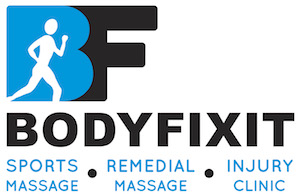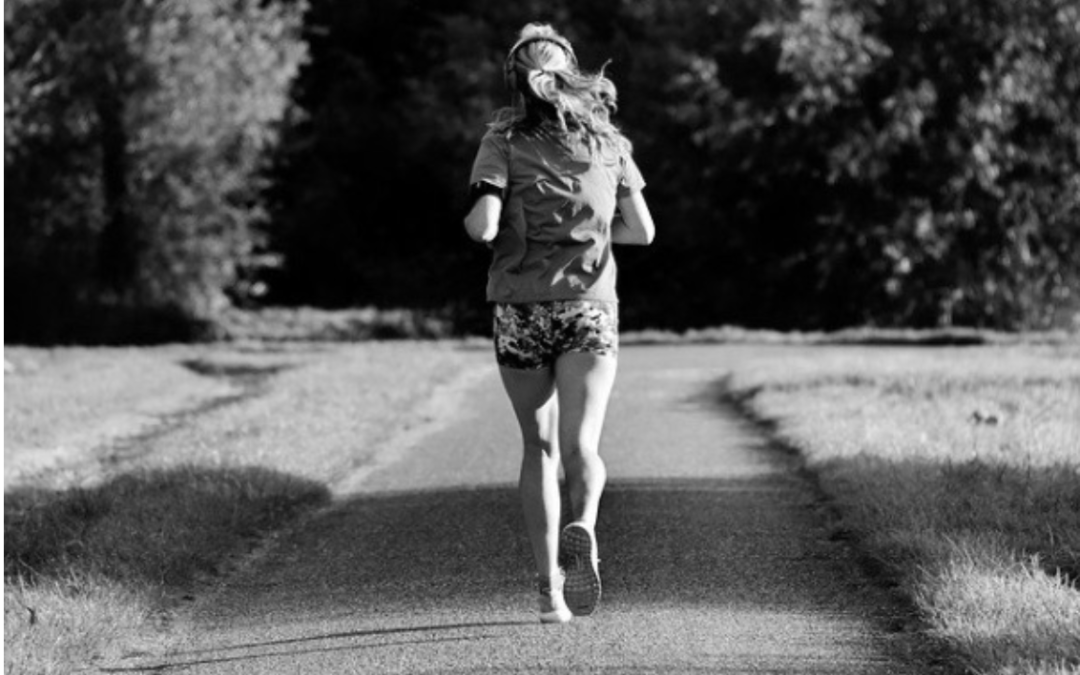While basking in the sunshine is a wonderful thing, extreme heat can be deadly, affecting younger and older people, pregnant women, and those with chronic health conditions. Heatwaves are happening more and more around the world, as we’re sure you’re all aware! And they’re getting hotter and longer.
There’s a lot we can do to protect ourselves and our loved ones from the heat. Here are a few tips for keeping cool during a heatwave.

1. Be sun smart
It’s best to avoid going out during the hottest hours of the day, but sometimes that can’t be avoided. When out in direct sunlight, wear (and regularly reapply) sunscreen, and cover your head with a hat. Remember to take regular breaks indoors or in a shady area to avoid getting heat exhaustion or heatstroke. Wearing light-colored, loose-fitting clothing will also help you to stay cool.
2. Wetter is better
Heat escapes through the skin, which is the largest organ in the body. So, the more skin you can cool down, the better.
There are various methods for how to cool your skin down in baking hot weather. For example, drenching a t-shirt and keeping it wet can be very effective. If you’d rather not walk around in wet clothing, you can buy cooling spray, or having a cool shower will work just as well. You can quickly cool yourself down by putting your hands and feet in cold water. Wrists and ankles have lots of pulse points where blood vessels are close to the skin, so you will cool down more quickly.

3. Drink plenty of water
In hot weather, it’s important to avoid caffeine and make sure you’re drinking lots of water. If possible, drink isotonic sports drinks to replenish the lost salts, sugars, and fluids. Both cool and hot drinks will work to keep your core temperature at the same temperature, so consuming hot drinks will not cool you down more effectively than cold drinks. In the heat, you should avoid drinks containing caffeine, including tea and coffee. It’s typically best to stick to water.
As you sweat throughout the day, the liquids you are losing need to be replaced to avoid dehydration. Symptoms of dehydration include a dry mouth, dizziness or confusion, and headaches.
4. Limit your alcohol
The sun is high, and so are many people’s spirits. And that can lead us to the pub.
Unfortunately, mixing too much sun with a few too many drinks is not a good combination. Alcohol causes dehydration, which can hit especially hard if your body is already struggling to stay cool in the summer. Drinking alcohol can also make it harder to get a good night’s sleep, something that’s already difficult in warmer temperatures.
5. Eat light meals
When it’s hot, you are far better off sticking to light, well-balanced, regular meals. Food with a high water content like strawberries, cucumber, celery, and lettuce, will also help to keep you hydrated and cool in summer weather.

6. Limit physical activity to cooler parts of the day
It’s important not to disrupt your routine too much because of hot weather, but sometimes you may have to. An early morning run may feel punishing when you’re nice and sleepy in bed, but it could be dangerous to exercise in the blazing midday sun and risk dehydration, heat exhaustion or heatstroke.
Take the temperature into consideration when planning your day and, if you can, limit physical activity to when it’s cooler. If you do decide to workout or play sport, make sure to drink lots of water and take more breaks than usual to make sure you’re not putting any extra stress on your body. You should also make sure you take a cold shower after exercising to cool down and follow our other advice for staying cool throughout the day.
7. Know the risks
The heat can have a serious effect on your physical health, and especially during a heatwave, it’s important to look out for signs of heatstroke and heat exhaustion. Many people believe that heat exhaustion and heatstroke are the same things, but heatstroke is potentially far more serious.
Heat exhaustion is caused when the body loses excess water, salt, and sugars through sweating. It can be treated by having plenty to drink, keeping out of the sun, and knowing how to cool down.
Heatstroke occurs when the body’s temperature becomes dangerously high and the body is no longer able to cool itself. Symptoms include confusion, headache, nausea, and muscle cramps.
Another symptom is paler skin than normal – depending on your skin tone this could mean your skin looks ashen, grey, or a more yellowish hue. It might be easier to notice this change in colour on the palms of hands, nails, or eyes, gums, and tongue.
Other heat related illnesses:
- Heat cramps. Heat cramps, sometimes called exercise-associated muscle cramps, are painful muscle contractions that can occur with exercise. Affected muscles may feel firm to the touch. You may feel muscle pain or spasms. Your body temperature may be normal.
- Heat syncope and exercise-associated collapse: Heat syncope is a feeling of lightheadedness or fainting caused by high temperatures, often occurring after standing for a long period of time, or standing quickly after sitting for a long period of time. Exercise-associated collapse is feeling lightheaded or fainting immediately after exercising, and it can occur especially if you immediately stop running and stand after a race or a long run.

How heat affects your body
Exercising in hot weather puts extra stress on your body. If you don’t take care when exercising in the heat, you can be at risk of serious illness.
Both the exercise itself and the air temperature and humidity can increase your core body temperature.
To help cool itself, your body sends more blood to circulate through your skin. This leaves less blood for your muscles, which in turn increases your heart rate.
If the humidity also is high, your body faces added stress because sweat doesn’t readily evaporate from your skin. That pushes your body temperature even higher.
Sleeping in a heatwave
- Open windows and doors to create a draught.
- Keep curtains or blinds drawn during the day to keep the sun out.
- If you’ve got an attic, try opening the hatch. Hot air rises and this will give it somewhere to go.
- Get rid of the duvet and blankets – just use a cotton sheet or a duvet with a low tog rating.
- Less is definitely more when it comes to summertime jammies.Pick a loose, soft cotton shirt and shorts or underwear. Going full nudie during a heat wave is (unsurprisingly) controversial. Some people believe it helps keep them cool, while others claim going au natural means sweat stays on the body instead of being wicked away by fabric.
- Have a cool shower or bath before bedtime to lower your core body temperature.
- Drink plenty of cold water during the evening and keep a glass by the bed.
- Avoid too much caffeine, alcohol or a big meal. They can all make you feel hot and steamy in the middle of the night through dehydration and over-active digestion.
- Use an electric fan – the remedy for a lot of people. If it’s really hot, put a tray of ice and a little water in front of the fan which will cool the air even more.

- Put a hot water bottle filled with ice cold water in bed.
- Cool a pillow case in the fridge before bedtime.
- Encourage cold feet – Those ten little piggies are pretty sensitive to temperature because there are lots of pulse points in the feet and ankles. Cool down the whole body by dunking feet in cold water before hitting the hay.
- Next time you buy a new bed, look out for one that incorporates new temperature regulating technology.
- If you share a bed, make sure it’s big enough for two, there’s nothing worse than having two sweaty bodies sticking to each other!
References: https://www.
Images: www.freepik.com

